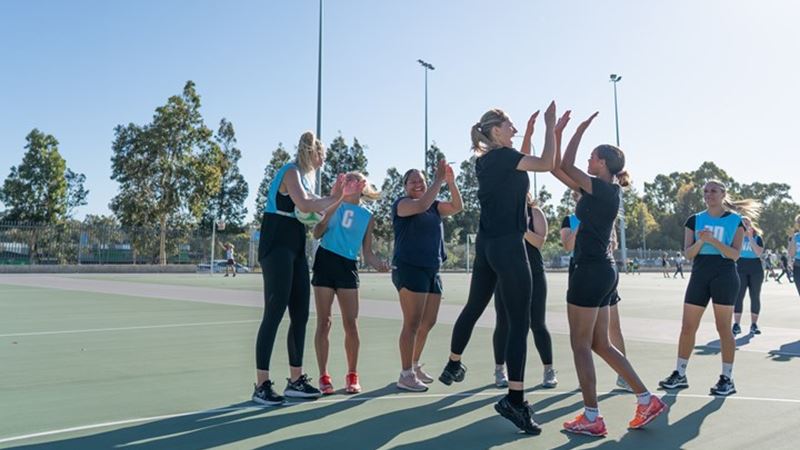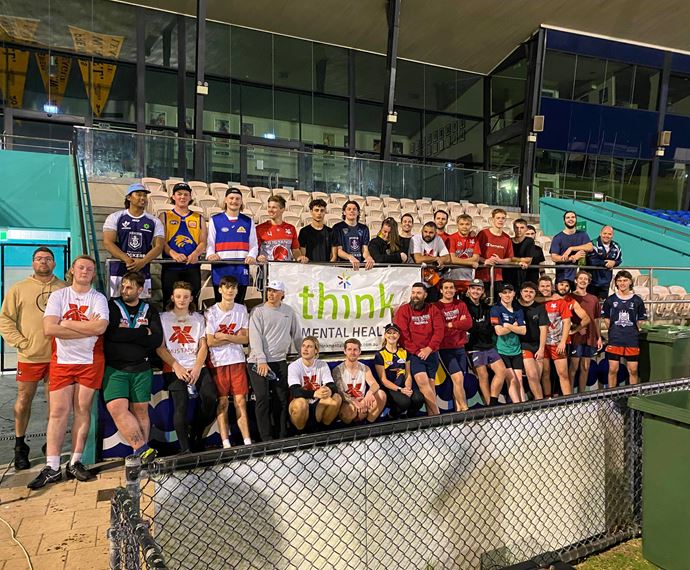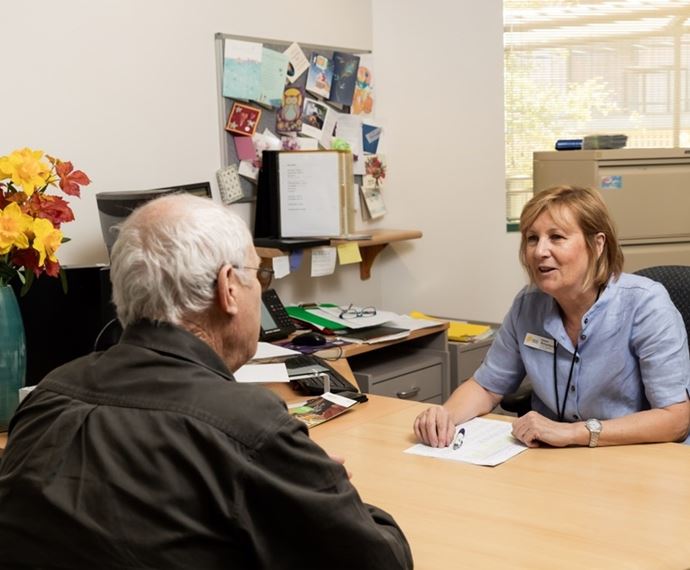Active Healthy People
Assisting our community to live more active, healthy lives through initiatives that drive lasting and significant change.
Building a healthier, happier WA
Active Healthy People is about promoting and facilitating good health — both physical and mental. Health is a complex topic and can be affected by our built and natural environments, the opportunities we have in life, and the support around us.
There are opportunities for improving health equity and outcomes across WA for:
- Children and young people
- Aboriginal and Torres Strait Islander people
- People living in rural and remote communities
- People experiencing disadvantage through economic, physical, cultural, social or educational factors
Key Outcomes
-
More Western Australians live healthy lifestyles
-
More Western Australians are mentally healthy
Indicators of Active, Healthy People
To measure the health of communities, we need to look at many different indicators to make sure we get the full picture of people’s lives. Important indicators include self-assessed health status, health-adjusted life expectancy, level of psychological distress, and overall life satisfaction.
So, where does WA rank across public health indicators?
-
Self Assessed Health Score by Region
Percentage of people reporting their health to be good, very good or excellent. The Self-assessed health status is a commonly used measure of overall health; and how people rate their health is strongly related to their experience of illness and disability. The percentage of people aged 15 and over reporting their health as ‘very good’ or ‘excellent’ (and not 'fair' or 'poor') in Western Australia is 4% higher than the national figure.
-
Healthy Adjusted Life Expectancy by Region
Health-adjusted life expectancy at birth. Life expectancy is well known indicator of the health of the population. The Health Adjusted Life Expectancy (HALE) takes a deeper look at this, and uses a wide variety of factors to provide an average length of time a person can live in full health. Females in Western Australia have a HALE of 75.0, which is the highest for females nationwide.The Health-Adjusted Life Expectancy (HALE) at birth is higher in WA for both males and females, compared to the national figure.
-
Distress Levels by Region and Age
Percentage of people with high or very high levels of psychological distress.Mental health is fundamental to the wellbeing of individuals, their families, and the population on a whole. The Kessler Psychological Distress Scale-10 items (K10) indicates the levels of distress a person is experiencing. Western Australia on a whole has lower levels of psychological distress than Australia, but the 18-24 group is significantly higher than the national average.
-
Life Satisfaction by Region and Age
Mean self-rated overall life satisfaction. The "Overall life satisfaction" is a summary measure of subjective wellbeing. It measures a person's perceived level of life satisfaction in general and does not consider specific illnesses or problems the person may have. Mean level of overall life satisfaction reported by people aged 15 and over on a scale from 0 (not at all satisfied) to 10 (completely satisfied), grouped by rating. Australia as a whole tends towards the higher end of life satisfaction.
How we’re helping to create a healthier WA together
Healthway is working to drive system change, health equity, and sustained effort to achieve its vision of a healthier Western Australia.
Healthway’s actions focus on healthy environments, education and awareness raising and increasing participation and engagement in the following priority health areas:
- Promote healthy eating
- Promote active living
- Promote mental wellbeing
- Prevent and reduce use of alcohol
- Prevent and reduce use of tobacco, e-cigarettes and other novel tobacco products
These strategic priorities will ensure we achieve the best possible health outcomes for Western Australians.

Our investment in supporting Active, Healthy People last financial year
-

$20.1M
in grants -

403
total number of grants funded -

$6.6M
Grants approved to support the outcome of more Western Australians being mentally healthy -

$13.5M
Funded to support the outcome of more Western Australians living healthy lives
Dive deeper into your community
Use the Community Insights Tool to access the latest publicly available data on wellbeing indicators in WA. This tool is ideal for framing your project to your unique community and state of wellbeing.

Explore more wellbeing categories
Not sure where to start?
Find inspiration for your project and browse the initiatives and grants already making their mark on wellbeing in Western Australia.
Ready to plan your project?
Understand your vision, plan your impact and report on the outcomes of your project with three easy interactive tools in the Community Impact Planner.
Acknowledgement of Country
The Western Australian Community Impact Hub acknowledges and pays respect to the Traditional Owners of the land on which we are based, the Whadjuk people of the Noongar Nation and extends that respect to all the Traditional Owners and Elders of this country. We recognise the significant importance of their cultural heritage, values and beliefs and how these contribute to the positive health and wellbeing of the whole community.







